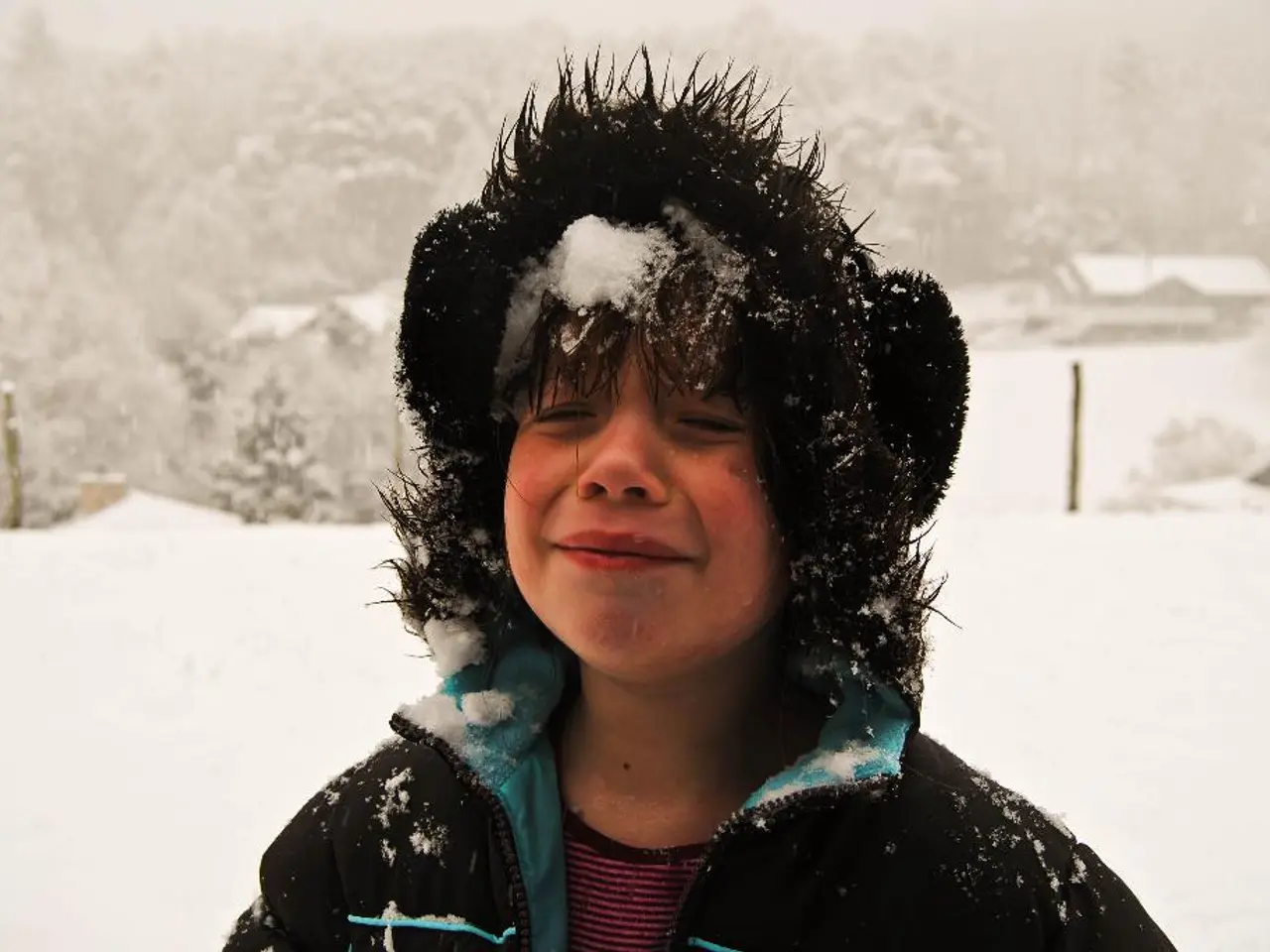Discussing Traumatic Events with Children: Ensuring Your Conversation Doesn't Exacerbate Their Distress
Supporting Children Through Trauma: A Guide for Parents
Navigating the emotional journey of children struggling with the aftermath of traumatic events can be challenging. However, with the right approach, parents can provide the necessary support to help their children heal.
Elena Marinopoulou, a behaviour analyst with a special interest in parent training, sleep and feeding issues, and Acceptance and Commitment Therapy, works with children and adults on our website Team. She emphasizes the importance of tailoring support to a child's developmental stage.
Infants and Toddlers (0–2 years)
At this age, children do not fully understand death but can sense separation and emotional tension. Parents should maintain calm, consistent routines and caregivers, provide extra comfort, holding, and reassurance, and be aware of their own emotional state as children are sensitive to feelings.
Preschool to Early Childhood (3–8 years)
During this period, children may not grasp the permanence of death and might have magical thinking or confusion. Parents should give honest, simple explanations, avoiding euphemisms, and encourage naming and managing emotions through play, stories, and age-appropriate conversations.
School-Age Children
In this stage, children increasingly understand death’s permanence and may worry about safety and who will care for them. Parents should keep routines stable to reassure safety, encourage expressing grief through talking and normal activities, and prepare for emotional spikes around anniversaries, holidays, and milestones.
Adolescents
Fully aware of death’s finality, adolescents may struggle with complex feelings or feel isolated in grief. Parents should allow open discussion of feelings, respect their need for some privacy but encourage connection, and support them in continuing normal life while validating grief experiences.
Cross-Age Principles
Regardless of age, parents should always be straightforward and use clear language, provide comfort, reassure safety, and validate feelings, involve children in appropriate ways in rituals or memorials, keep routines consistent, encourage talking about the deceased and the child’s feelings, and coordinate with teachers, counselors, and mental health professionals as needed.
It's crucial to let children know that you're available for conversation without forcing it. Offering consistent compassion, patience, and presence is key when navigating trauma conversations with a child. Children may experience distress after witnessing or experiencing a traumatic event, and a calm, accepting response builds emotional safety for the child. Let children know that these feelings are acceptable and part of the healing process after distressing experiences.
Parents can influence how their child understands, processes, and carries traumatic experiences forward. By following these guidelines, parents can help their children process grief at their own pace, according to their developmental capacity, while ensuring they feel supported, safe, and understood throughout.
Remember, it's essential to model openness when expressing your own emotions, but seek support if you're too distressed to engage in difficult conversations. Young children may create inaccurate or overly self-critical explanations about traumatic events due to limited information and emotional confusion.
References:
- Helping Children Cope with Grief
- Helping Children Understand Death
- Helping Children Cope with Traumatic Events
- Helping Children and Adolescents Cope with Violent Death
- Helping Children Cope with Loss
- To aid children in coping with their traumatic experiences, parents may seek guidance from therapies and treatments in the field of psychology, such as Acceptance and Commitment Therapy, as offered by experts like Elena Marinopoulou on health-and-wellness websites.
- Recognizing that children of different ages require unique approaches, parents should tailor their support to their child's developmental stage, following the principles of family-health and mental-health support.
- For example, infants and toddlers may need extra comfort and reassurance, while preschool children require honest, simple explanations about the traumatic event and help in expressing their emotions.
- As children grow older, it's important for parents to create an open environment for discussion, encourage self-expression, and consider the involvement of therapists and counselors in the healing process, as part of the broader therapies-and-treatments available for mental health.




